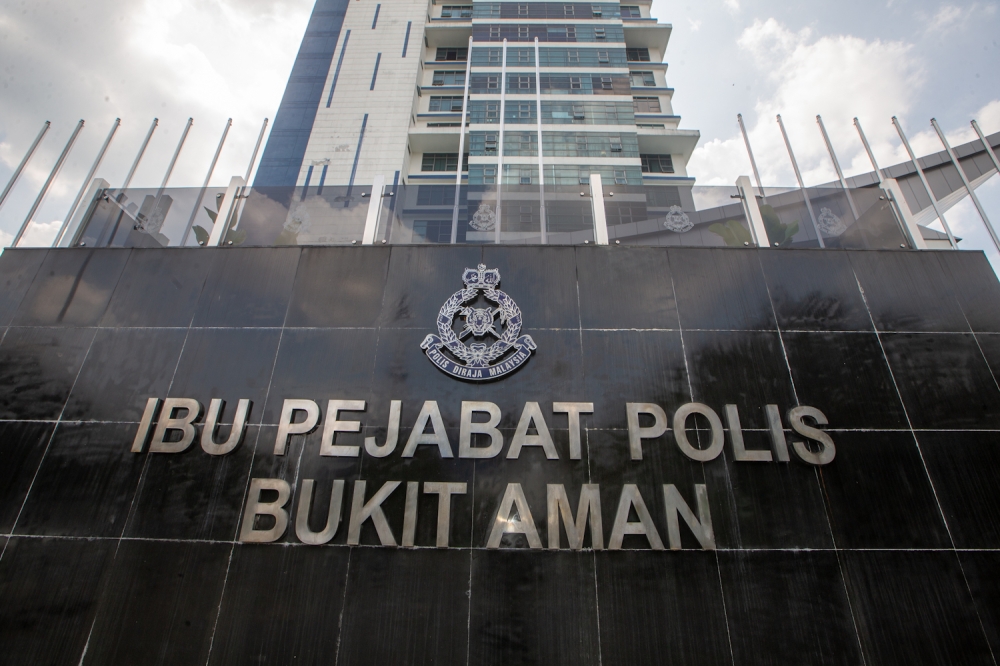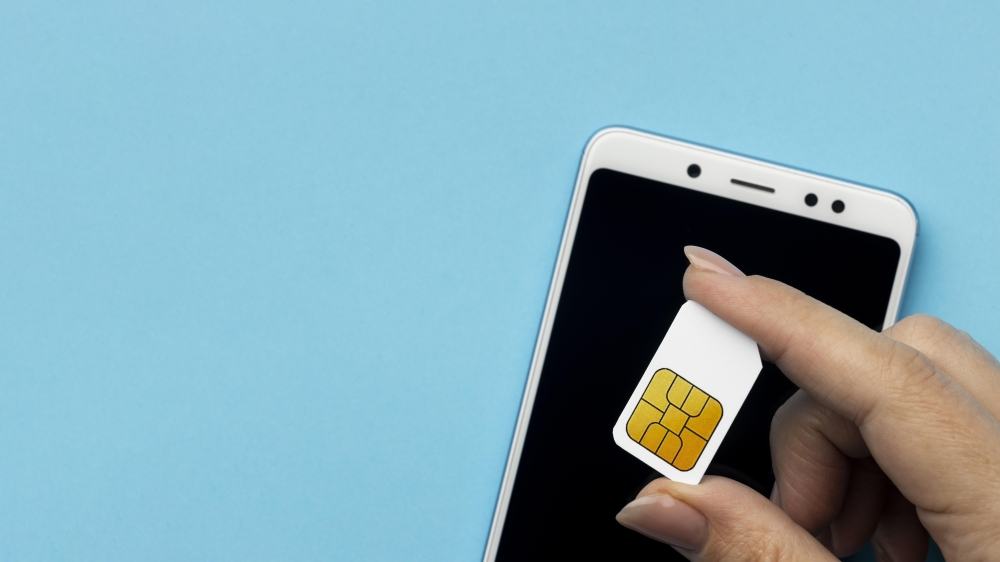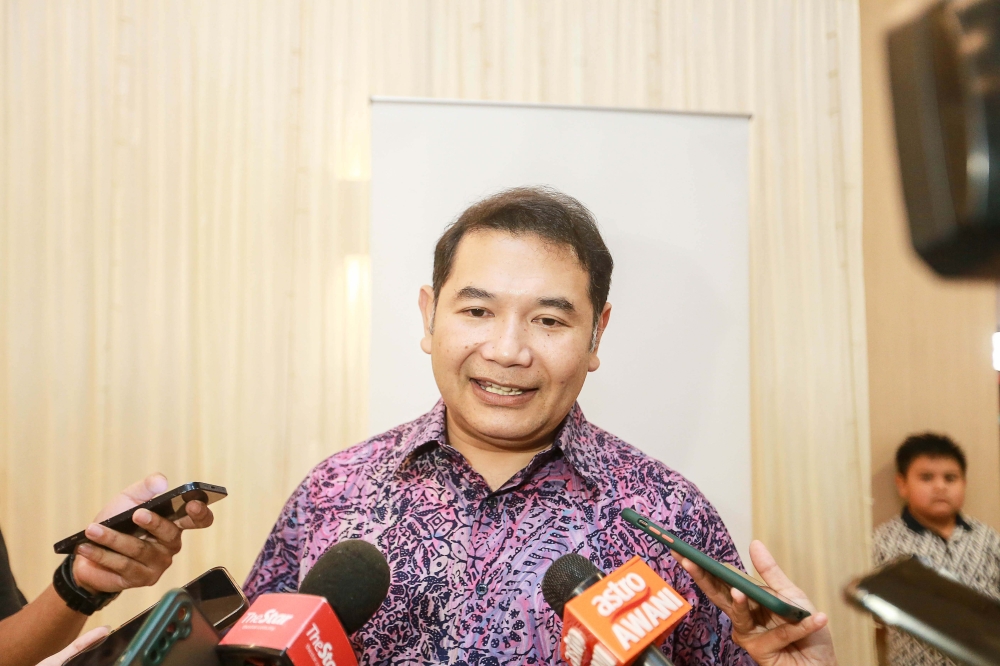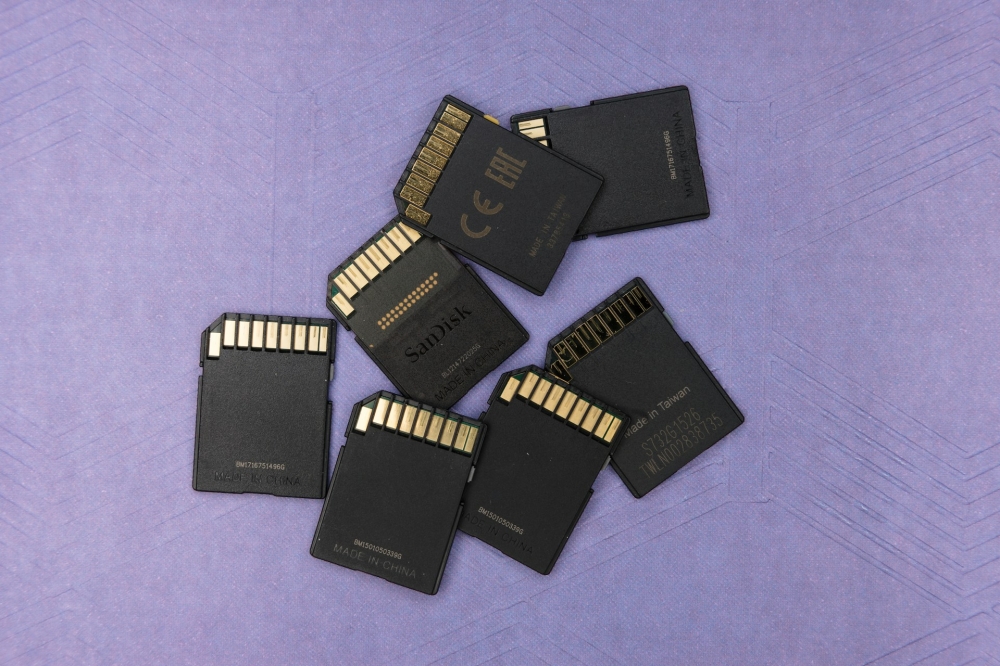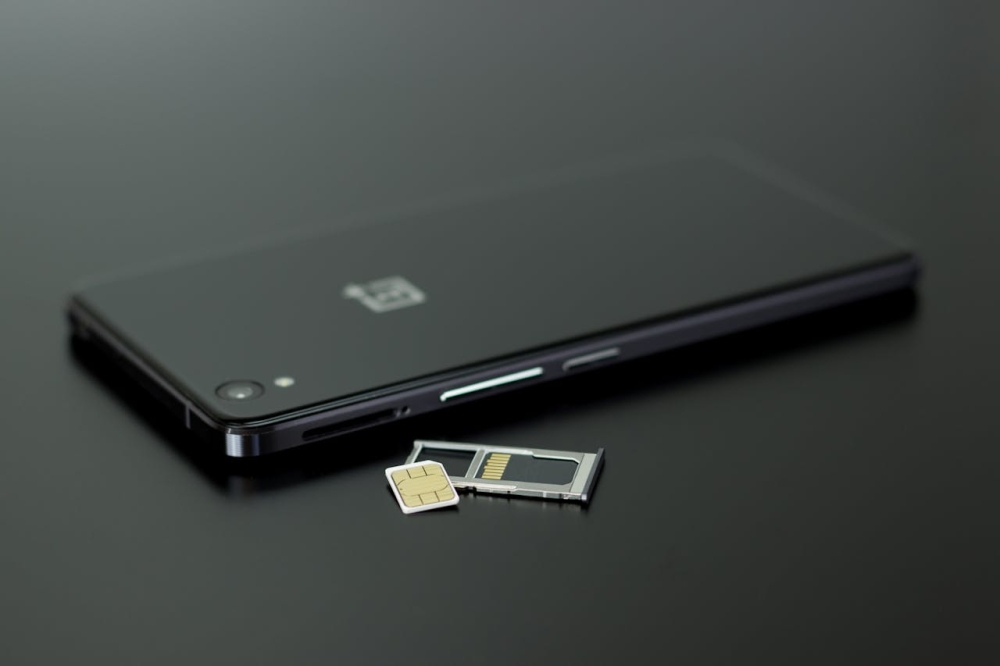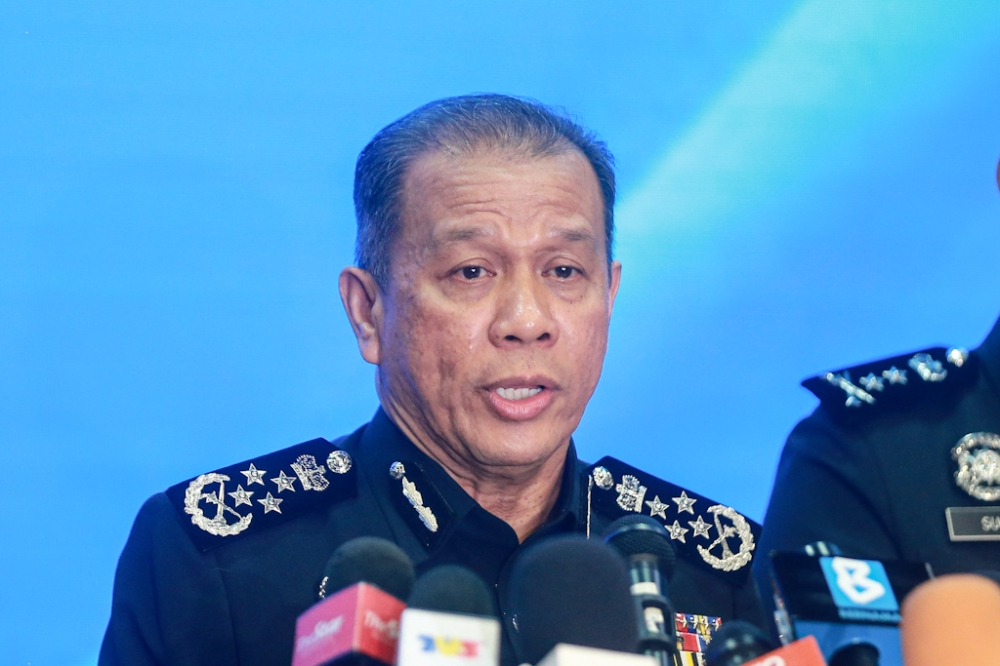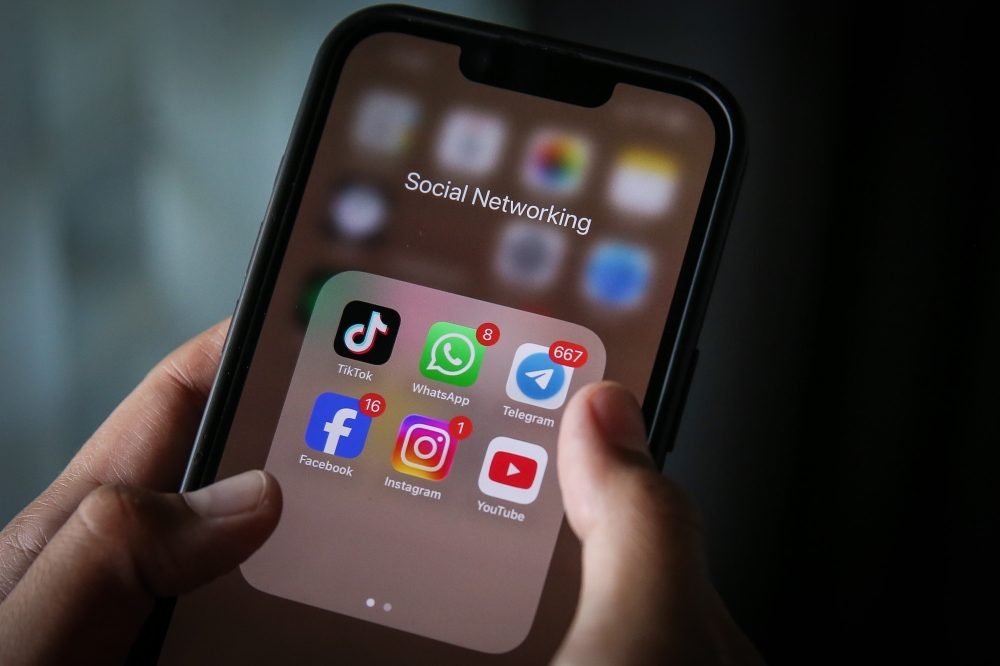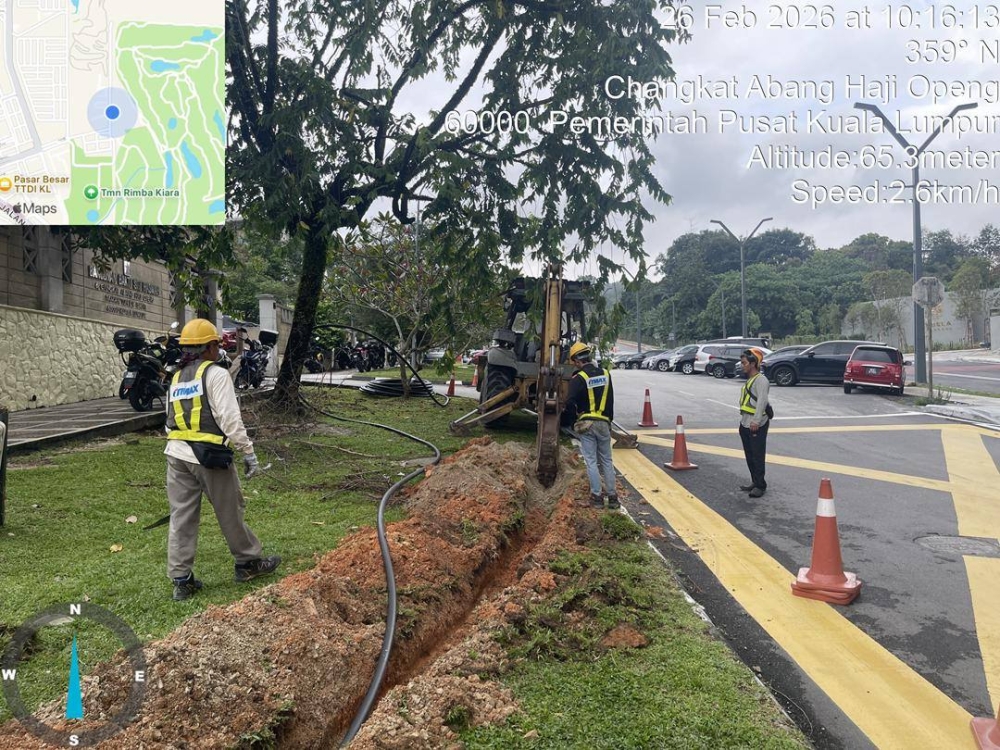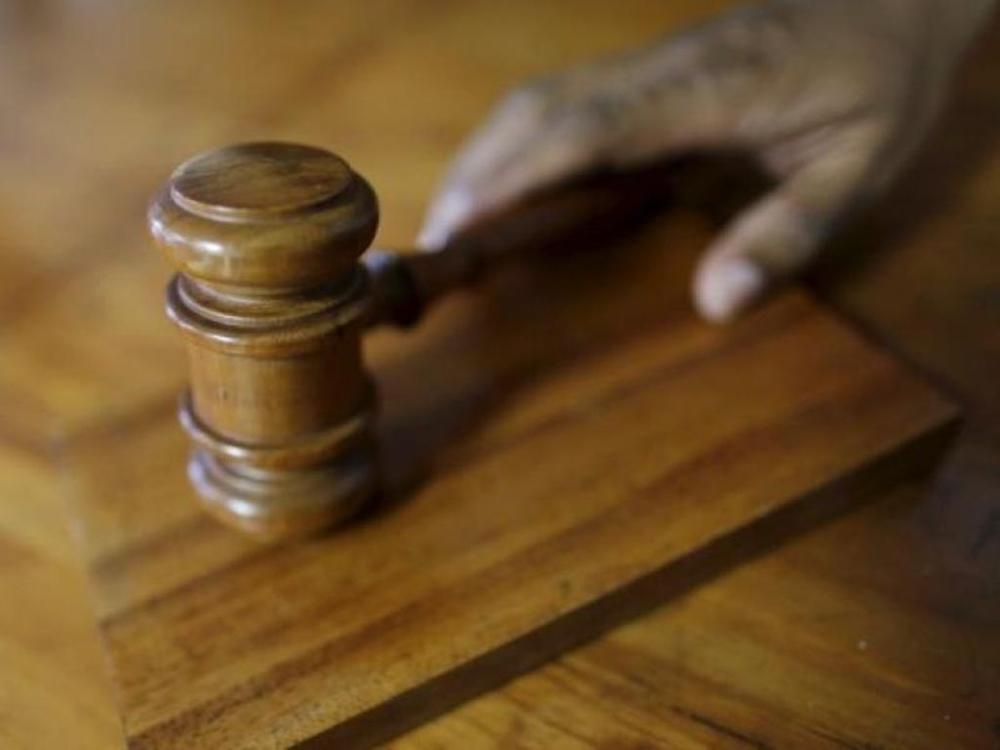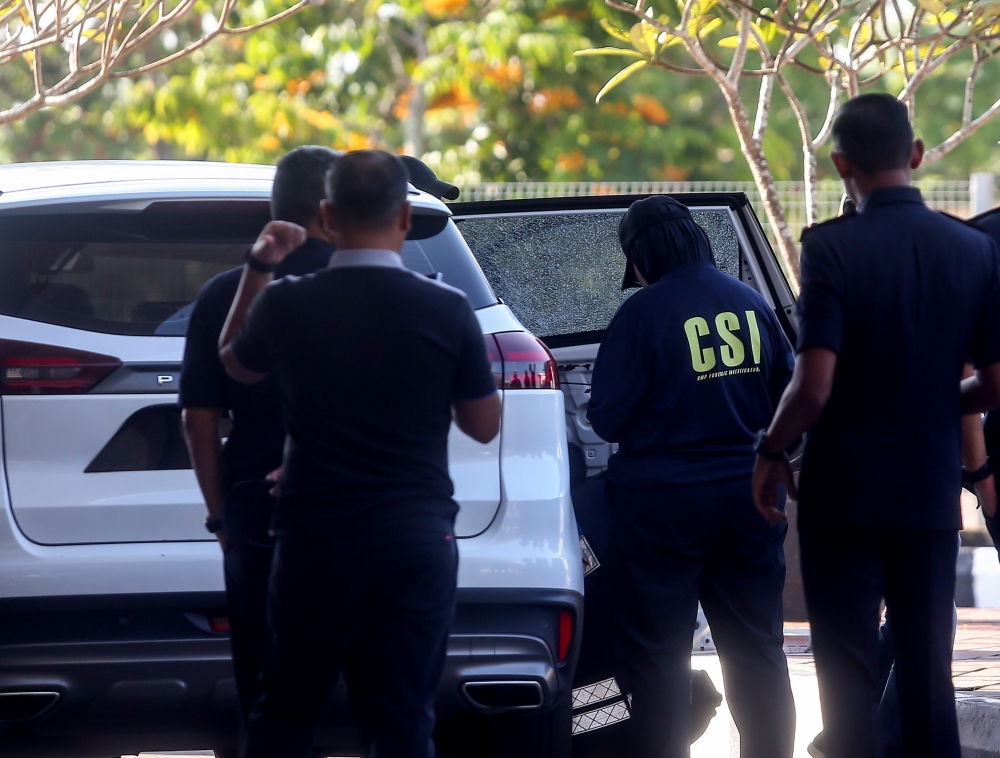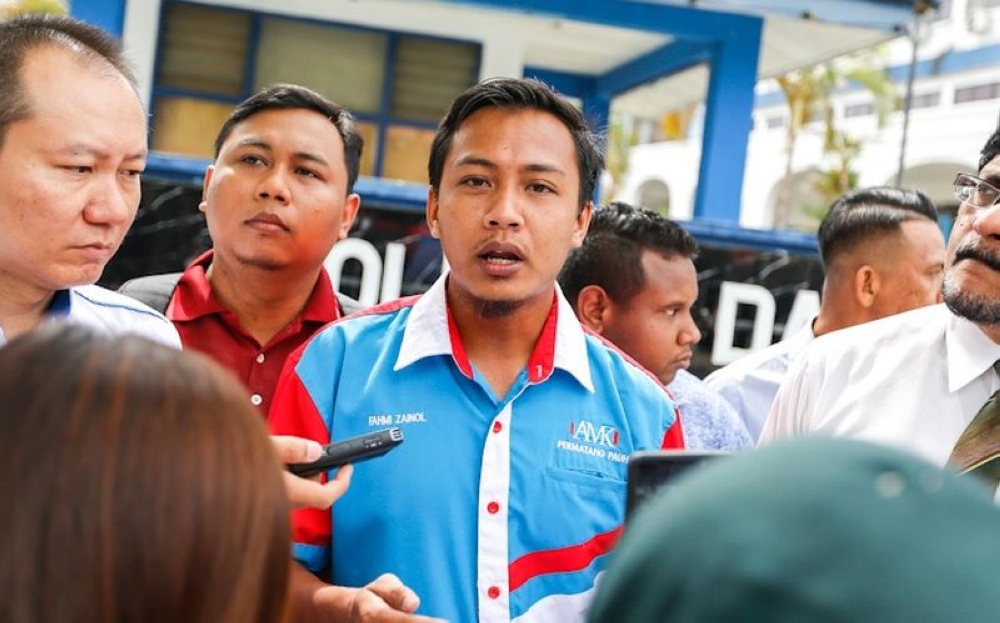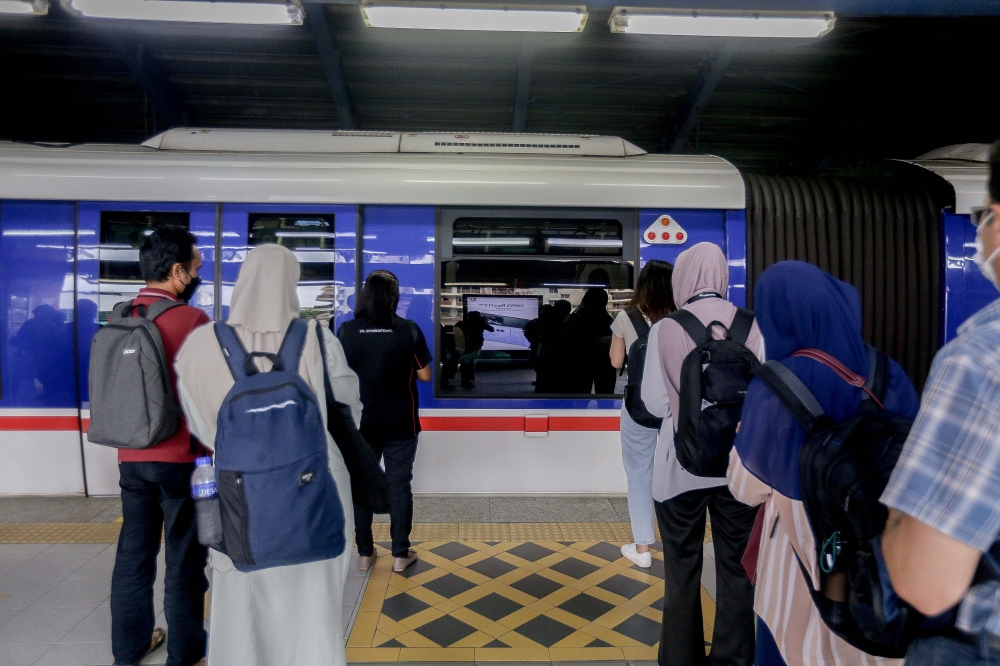KUALA LUMPUR, Jan 30 — Malaysians should not dismiss the onset of sudden headaches and lethargy as feeling under the weather these days, Health Minister Datuk Seri Dr Adham Baba said.
He cautioned that these are among the new, mystery ailments that government physicians have noted in some Malaysians infected with the Covid-19 virus, adding that young men appeared prone to it.
“This has happened in some countries before and it’s called happy hypoxia. So these young men who get Covid-19, they don’t care about fatigue or headaches, because they feel that this is normal.
“And most of them are asymptomatic. They are very well. That’s why we are worried if asymptomatic people go around without wearing masks,” he told Malay Mail in an interview yesterday as the Health Ministry announced Covid-19 cases shooting past 5,000-cases daily for the first time.
Hypoxemia is a condition marked by low levels of oxygen in the blood that results in shortness of breath and if untreated, may cause organ failure, leading to death.
Medical experts worldwide have observed a baffling hypoxemic reaction in some Covid-19 patients, noting that despite the low blood oxygen levels—sometimes dipping below 50 per cent compared to the 95 per cent in a healthy person—they appear to be able to function without serious problems or even shortness of breath, hence the name “happy hypoxia”.
Dr Adham said this condition is a ticking time bomb and capable of affecting organs if left untreated.
He said that many were unaware of this latest development about Covid-19 as the only highlighted symptoms they had been told to watch out were for fever, sore throat, cough and breathing difficulties.
“But now a new development of symptoms has expanded to fatigue—we call it malaise in medical terms—and headache.
“So at the point when this Covid-19 attacks the organs, the lungs, so at that time the oxygen level is brought down to a very low value,” he said.
Dr Adham said this development is worrying and advised Malaysians to monitor themselves.
He said that some countries have also made oximeters available to those suspected of having Covid-19.
Also known as pulse oximeters, these are small, lightweight devices clipped to a part of the body such as a finger or earlobe that uses light to measure how much oxygen is being carried to the body’s extremities
Dr Adham advised those who can afford the device to get one to monitor themselves.
He indicated that the government will need to look into equipping people and healthcare facilities with oximeters, but said this was under the jurisdiction of the Science, Technology and Innovation Ministry (Mosti), headed by Khairy Jamaluddin.
“Mosti needs to design and develop this device for the people.
“This is a sign of expanded Covid-19 now, so we have to look into that also,” he said.

